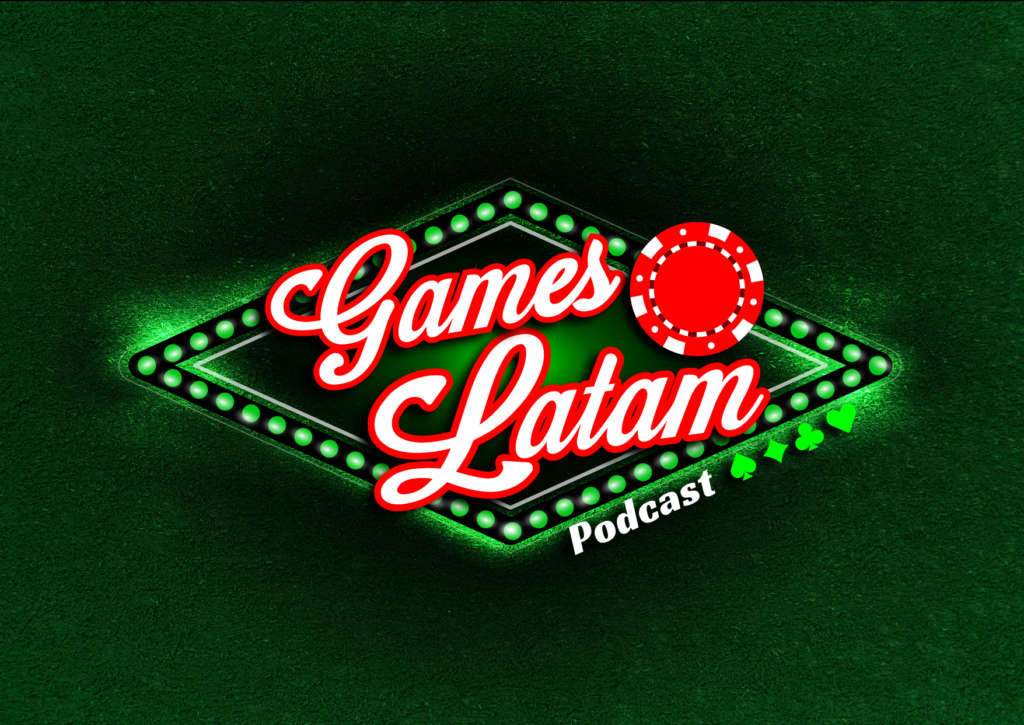Brazil on the Brink of Gambling Revolution: Casinos, Bingo, and Betting Legislation Advances
Imagine Brazil, a vibrant country known for its carnival and football, now becoming a global gambling hub.
The recent approval by Brazil’s Justice and Citizenship Commission to legalize casinos and bingo could transform the nation’s economy.
Discover how this landmark decision promises to create jobs, generate revenue, and boost tourism, all while providing exciting new entertainment options.
Join us as we delve into the details of this significant development and what it means for Brazil’s future.
Brazil’s Justice and Citizenship Commission (CCJ) has recently approved a monumental bill that legalizes casinos, bingo, jogo de bicho, and betting on horse racing. This approval is a significant step towards creating a regulated gambling industry in Brazil, promising substantial economic and social benefits.
Legislative Milestone
On June 19, 2022, the CCJ approved PL 2,234/2022 by a narrow margin of 14 votes to 12. This bill, under consideration since 2022, now advances to the Senate plenary for further deliberation, having already received approval from Brazil’s Chamber of Deputies. Senator Irajá emphasized the enormous potential of regulating betting and gaming, stating it is a “great opportunity” for Brazil, expected to generate jobs, income, and taxes.
A New Era for Brazilian Gambling
Senator Irajá, a key proponent of the bill, expressed optimism about the potential benefits of regulated gambling. “We can no longer lose this great opportunity that other competing countries have already understood. It is seen to generate jobs, income, and taxes, which will be reversed into benefits for the Brazilian people in essential areas such as health, education, social, and infrastructure,” he said.
Detailed Provisions of the Bill
Taxation and Economic Impact
The bill introduces two new taxes: the Gaming and Betting Inspection Fee (Tafija) and the Economic Intervention Contribution (Cide-Jogos). Tafija is to be paid quarterly, amounting to R$600,000 for casinos, R$300,000 for online gaming locations, and R$20,000 for bingo halls, jogo de bicho operators, and tourism companies. Cide-Jogos will impose a 17% tax on gross revenue, with a 20% income tax on prizes exceeding R$10,000.
Regulations for Casinos
If the bill becomes law, casinos will be permitted in tourist centers or integrated leisure complexes, which are defined as resorts and hotels with bars, meeting spaces, and a minimum of 100 rooms. Casinos must be established in venues specifically built as integrated resorts, a rule introduced by Senator Ângelo Coronel. Additionally, casinos may operate on boats and ships with at least 50 rooms, subject to specific river length parameters. Each state, including the Federal District, will be limited to one casino, except for São Paulo (three casinos), and Minas Gerais, Rio de Janeiro, Amazonas, and Pará (two each).
Bingo and Horseracing
Bingo, in card, electronic, and video formats, will be allowed, with one bingo house per municipality. Larger cities can have one bingo house for every 150,000 inhabitants. Licenses for bingo operations will last for 25 years, subject to renewal, and operators must have a minimum paid-up share capital of R$10 million. The bill allows one legal racing entity per 700,000 inhabitants, with Roraima being the exception due to its smaller population. Bets on horseracing will be managed by tourism entities accredited by the Ministry of Agriculture, which can also operate bingo and video bingo games on race grounds.
Enhancing Player Protection
The bill proposes a National Registry of Prohibited Persons (Renapro), a self-exclusion program for land-based bettors. Gambling venues must check if individuals attempting to enter are listed in Renapro. Additionally, the bill outlines a National Policy for the Protection of Players and Bettors, aiming to promote fair gambling practices and discourage compulsive behavior. New offenses include severe penalties for participating in or advertising unlicensed games, tampering with game results, and exploiting minors or vulnerable individuals.
Moving Towards a Regulated Industry
Since Brazilian President Luiz Inacio Lula da Silva approved Bill 3,626/2023 in December, legalizing sports betting and iGaming, the country has been progressing rapidly towards a regulated gaming market. The Ministry of Finance has outlined a phased implementation plan for sports betting and iGaming, expecting full legalization by the end of July. Currently, Brazil is in stage three, which involves publishing technical and security requirements for iGaming operators by the Regulatory Policy of the Prizes and Betting Secretariat (SPA).
Future Implications and Industry Reactions
The approval of PL 2,234/2022 represents a significant shift in Brazil’s approach to gambling, reflecting a broader trend towards embracing regulated gaming to boost economic growth. Industry stakeholders are optimistic about the potential benefits, including job creation, increased tax revenues, and enhanced consumer protections.
Industry Optimism
The legalization of various forms of gambling is expected to attract significant investments from international gaming operators. Companies are keen to tap into Brazil’s large and enthusiastic market, anticipating a surge in tourism and related industries. The structured and regulated environment promises a safer and more reliable gaming experience for consumers, potentially reducing the prevalence of illegal gambling activities.
Challenges and Considerations
Despite the optimism, there are challenges to be addressed. Ensuring robust regulatory oversight to prevent fraud and protect vulnerable populations is crucial. The government must also navigate the complexities of integrating new laws with existing frameworks and ensuring compliance among operators. The proposed tax structure, while promising significant revenue, must be balanced to avoid overburdening businesses and stifling growth.
Conclusion
The passage of PL 2,234/2022 by the CCJ marks a pivotal moment for the Brazilian gambling industry. As the bill moves to the Senate for further consideration, it brings the country closer to a regulated and thriving gaming market. The potential economic benefits, combined with enhanced consumer protections, make this an exciting development for all stakeholders. With careful implementation and oversight, Brazil stands to reap substantial rewards from this new era of legalized gambling.
With a structured regulatory approach and a clear vision, Brazil is poised to become a major player in the global gambling industry. The responsible integration of these new laws will ensure sustainable growth and long-term benefits for the Brazilian economy and its citizens.
The post Brazil Legalizes Casinos and Bingo: Economic and Tourism Boost appeared first on Gamingo News.
Brazil on the Brink of Gambling Revolution: Casinos, Bingo, and Betting Legislation Advances Imagine Brazil, a vibrant country known for its carnival and football, now becoming a global gambling hub. The recent approval by Brazil’s Justice and Citizenship Commission to legalize casinos and bingo could transform the nation’s economy. Discover how this landmark decision promises
The post Brazil Legalizes Casinos and Bingo: Economic and Tourism Boost appeared first on Gamingo News.
Participe da IGI Expo 2026: https://igi-expo.com/











